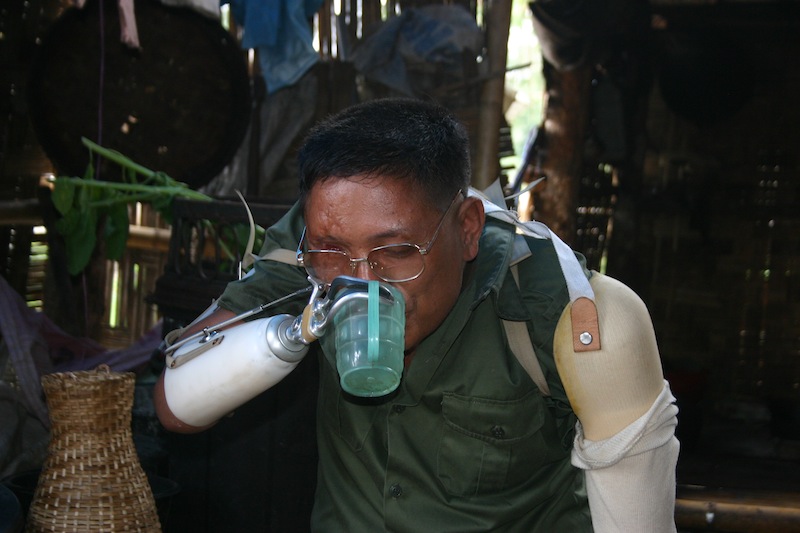When fighting stops, the consequences of war go on.
The Indochina War ended over thirty years ago, but that distant conflict still impacts the lives of millions of people in both Asia and America.
At the conclusion of hostilities, hundreds of thousands of people found themselves displaced from their homes. Many left Laos for uncertain life in refugee camps in neighboring countries and ultimately made their way to the United States, France, Australia and other nations. Today, many refugee families in America still struggle to build productive lives. Many work low- paying jobs and live in poverty, often in crime-infested neighborhoods.
Many elders within refugee families possess limited English language skills and little understanding of our rapidly changing American culture. Often they feel isolated and lonely. They judge their lives to be worthless and are pained to learn that their children and grandchildren judge their ethnic heritage and cultural traditions to be, at best, irrelevant.
In Laos, millions of citizens continue to suffer as a consequence of events that occurred four decades ago. Since the war ended, more than 20,000 Lao citizens have been killed or injured by leftover land mines, bombs and other ordnance. Post-war reconstruction and economic development have been hindered by destruction of infrastructure and ecological degradation. Laos remains the poorest nation in Southeast Asia and one of the poorest in the entire world
We Help War Victims (WHWV) is a non-profit organization devoted to helping people in both the United States and Southeast Asia who have been victimized by war.

